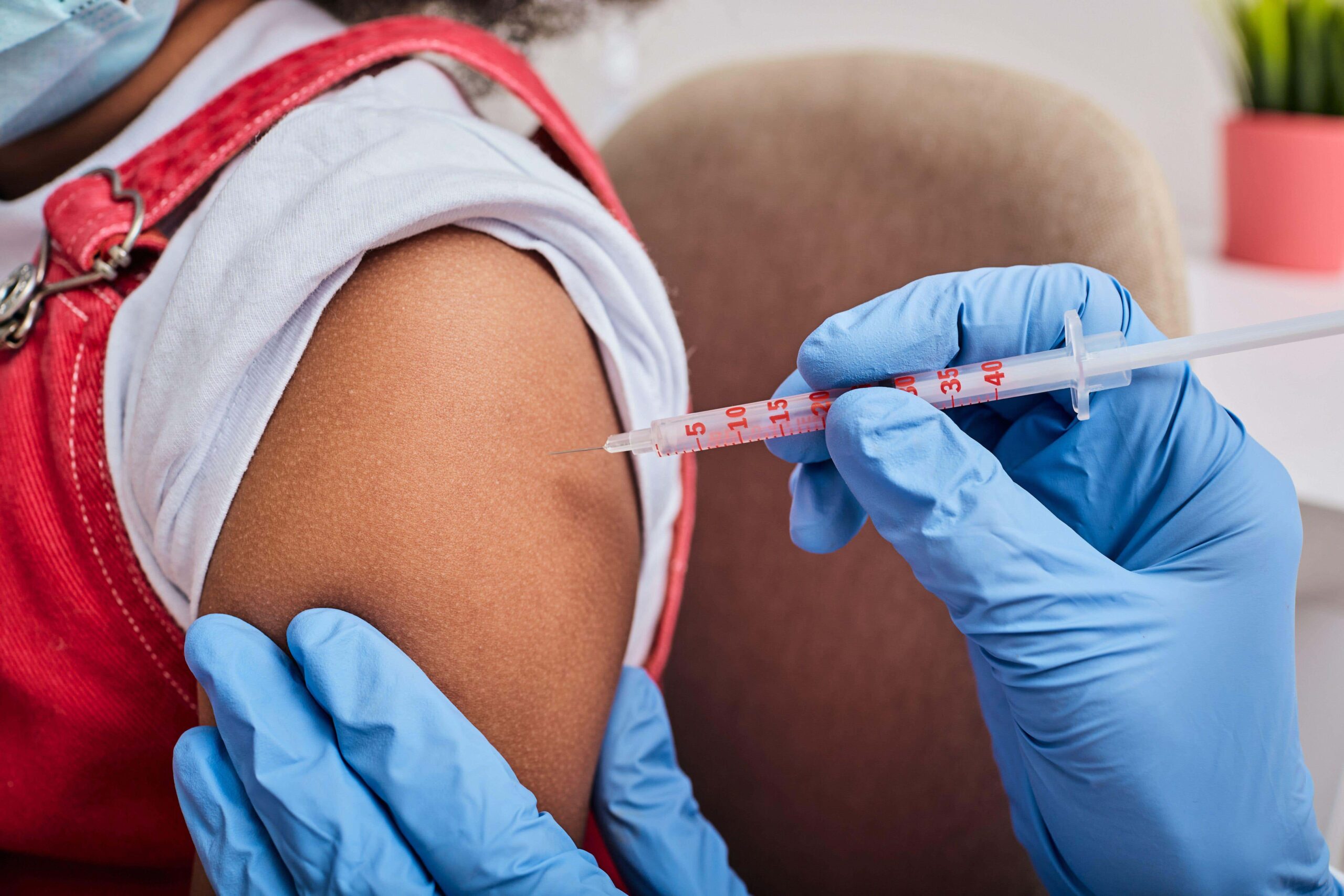Children and young adults have been urged to get vaccinations against infections that cause meningitis and blood poisoning amid a “deeply worrying” rise in cases.
Meningitis is an infection of the protective membranes that surround the brain and spinal cord. It can affect anyone, but is most common in babies, young children, teenagers and young adults. If not treated quickly, it can cause life-threatening sepsis and result in permanent damage to the brain or nerves.
There were 378 cases of the serious bacterial infection invasive meningococcal disease (IMD) in 2024-25, the latest UK Health Security Agency (UKHSA) figures show. This is up from 340 in the previous 12 months.
Dr Tom Nutt, chief executive of Meningitis Now, said: “These figures are deeply worrying. Meningitis can affect anyone at any time, but these increases among teenagers, young adults, and babies – some of the most vulnerable groups – show just how vital it is to stay vigilant.
“Early recognition saves lives, but prevention through vaccines remains the most effective way to protect against this devastating disease.”

Symptoms of meningitis and septicaemia include a high temperature, vomiting, muscle and joint pain, mottled skin, headache, a stiff neck, sensitivity to light, and a rash.
More than 82 per cent of cases last year – some 313 – were caused by MenB, up from 301 in 2023-24.
Most were among children and young people, with the strain responsible for 90 per cent of cases in babies and all 65 cases in patients aged 15 to 19, as well as the highest proportion of cases among those 25 and over.
It comes amid a decline in infant and teenage vaccination rates which is leaving youngsters vulnerable to the disease, UKHSA said.

Public health minister Ashley Dalton said the number of cases is a “stark reminder meningitis remains a serious threat to children and young adults”.
She added: “I urge all parents and guardians to ensure their children are up to date with their meningitis vaccinations as well as those eligible.”
Dr Helen Campbell, lead scientist at UKHSA, said: “The fight against meningococcal meningitis and septicaemia continues, with MenB still causing most of the cases last year.
“That’s why it’s crucial parents remain alert to symptoms and ensure their children are protected with the infant MenB vaccinations.”
Dr Campbell also highlighted the higher risk of infection among university students, adding: “Teenagers should get their MenACWY in school when offered.
“If they have missed out, it is vital they get vaccinated, particularly if they are going to university or colleges where their risk of this often-devastating disease is much higher.
“For students especially, it’s vital they know the key symptoms and keep a close watch on any friends who suddenly get sick and, if concerned, seek medical help immediately.”
Dr Amanda Doyle, national director for primary care and community services at NHS England, added: “Too many children and young people are still not fully vaccinated against meningitis – a debilitating disease that can strike quickly and cause life-changing health complications and be deadly if not treated promptly.
“Vaccines to protect against this are offered free as part of the NHS routine immunisation programme, and I would urge all parents to take up the offer of a jab for their children or arrange an appointment with your GP practice if your child has missed one.”
